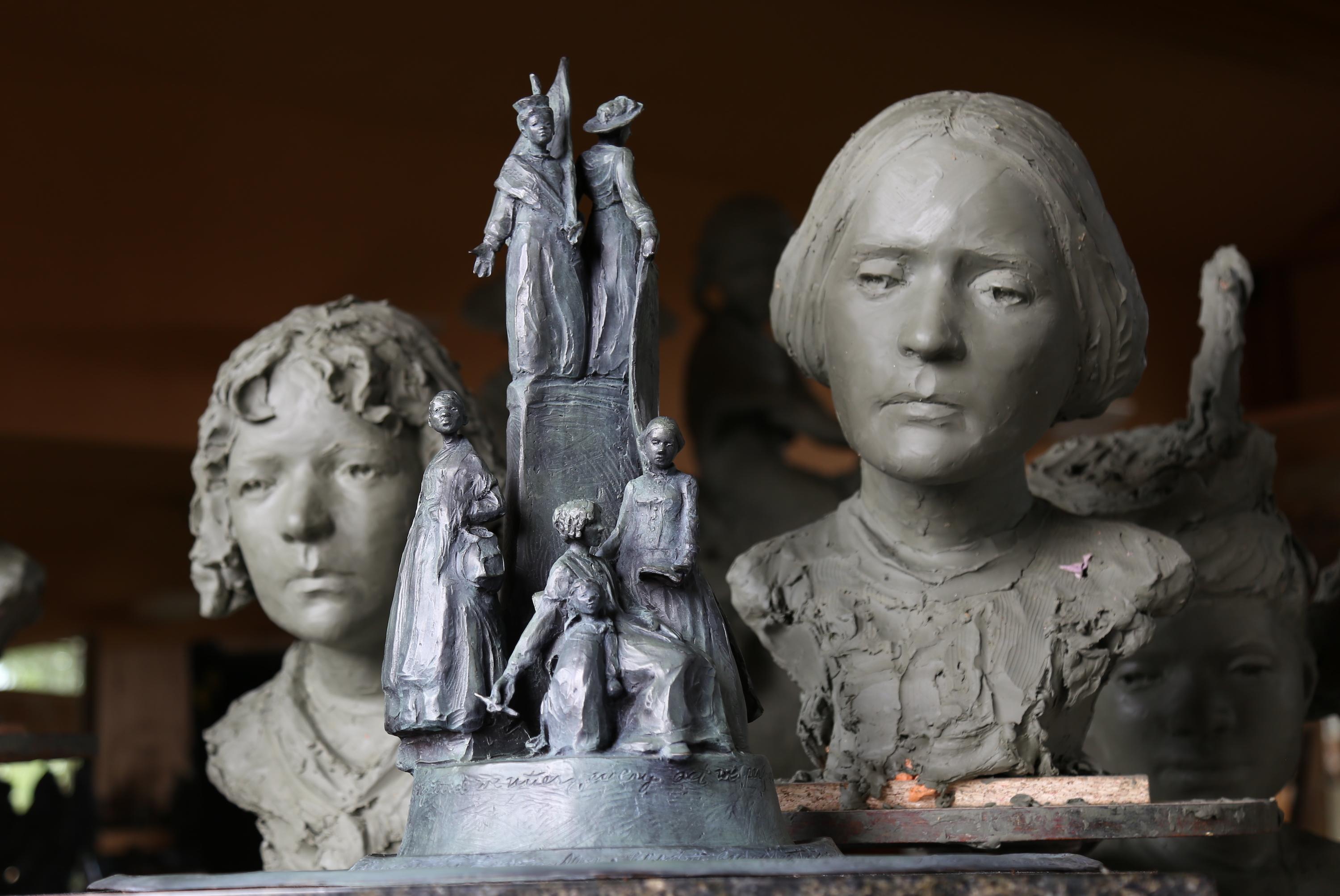
A couple of Colorado lawmakers want a women’s suffrage monument to find a home on the National Mall — and they say they’re ready to fight for it in the new year.
Democratic Rep. Joe Neguse and Sen. Michael Bennet both sponsored bills to place the monument on the Mall in the waning weeks of the last Congress. They may not have passed, but they plan to push the issue in the 118th Congress.
The idea for the outdoor monument came from Colorado artist Jane DeDecker.
Bennet and Neguse introduced an earlier bill to establish a women’s suffrage monument, along with then-GOP Sen. Cory Gardner. It was signed into law in December 2020. But getting the monument a spot on the National Mall also takes an act of Congress.
Neguse said he was “proud of our work to celebrate and commemorate the suffrage movement” and that he remains “hopeful about the future of the legislation and will continue to work with our Senate partners to get the bill across the finish line.”
The House version of the location bill included three Republican co-sponsors, Rep. Debbie Lesko of Arizona, Rep. Kat Cammack of Florida and Rep. Jenniffer González-Colón, resident commissioner representing Puerto Rico, as well as Democratic Rep. Brenda Lawrence of Michigan.
The Senate version of the bill is also bipartisan and was introduced by Democratic Sen. Tammy Baldwin of Wisconsin and GOP Sen. Marsha Blackburn of Tennessee, in addition to Sen. Bennet.
Bennet’s optimistic about the bill’s chances in the next session.
“I’m really grateful that the whole idea of this bill really started in Loveland, Colorado, as a grassroots effort. And now we see other senators from other states following up on the work that Cory Gardner and I did together to commemorate the women's suffrage movement, where it should be commemorated on the National Mall behind the Capitol.”
Colorado was the second state where women won the right to vote (after Wyoming), and the first to do it through the popular vote, instead of legislative action. The measure passed in 1893, 27 years before the nation ratified the 19th Amendment.









